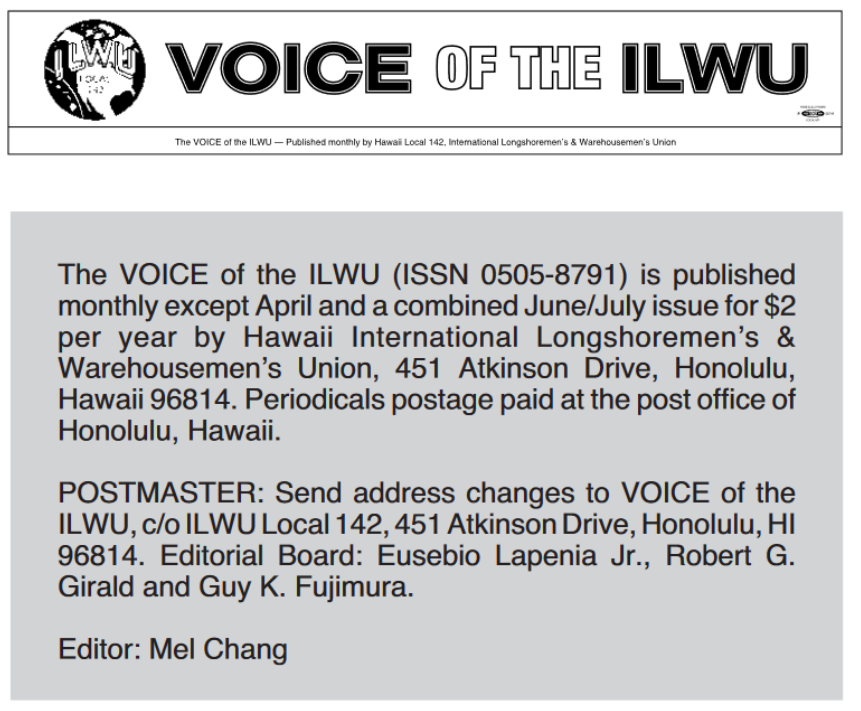Four changes to the Hawaii State Constitutional will be on the November 2 General Election Ballot that threaten to undermine our basic freedom and rights as American citizens. These four amendments are being pushed by ertain people and elements within our community for self-interest and political purposes.
Some of these amendments try to take advantage of emotionally charged issues such as sexual assault against children or registration of sex offenders to make changes in our State Constitution that are not needed and will likely result in more lawsuits and legal complications, with no benefit to crime victims and the community.
All four amendments weaken and undermine very important safeguards that protect all of us who are innocent, ordinary citizens. This is about protecting all our rights—not the rights of criminals or sex offenders.
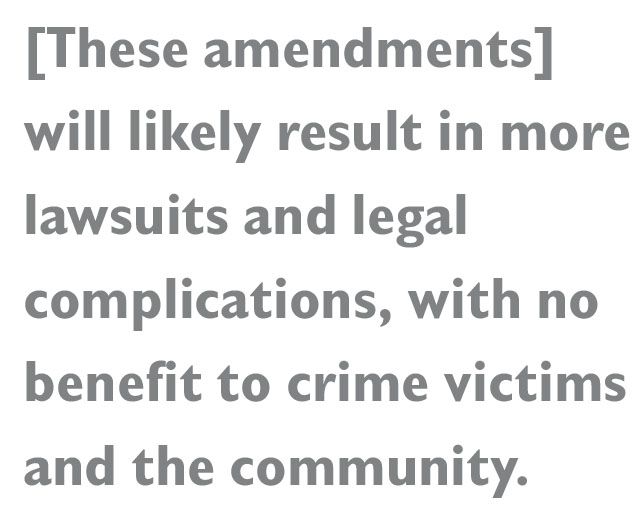
Amendment One talks about protecting children from sexual assault, but it really tries to take unacceptable legal shortcuts.
That’s why in 2003 the Hawaii Supreme Court overturned the law dealing with “continuous assault” as unconstitutional. Our
Constitution requires that a criminal charge must be specific and that guilt must be established “beyond a reasonable doubt.” There’s already laws that protect children from sexual assault. This change would allow prosecutors to do a sloppy job and
get away with it. Amendment Two talks about public access to registration information on sex offenders, but it is really about the right of any person to “due process,” in this case a hearing. The people pushing this amendment want to do away with hearings because of the cost and time involved. They say the same thing about doing away with deportation hearings for immigrants—too expensive and time consuming. But justice, freedom, and our individual liberties don’t come cheap. The people have a right to full “due process” and not “cheap deals” when it comes to justice.
Amendment Three talks about the legislature making “Confidential Communications” inadmissible in court. Victims and witnesses sometimes don’t tell the truth or tell different stories in court and sometimes this information may prove a person is innocent. Currently a judge decides whether this confidential communications is admissible. Keep it like this—let judges decide what evidence should be allowed in a trial. That’s not something the legislature should be doing.
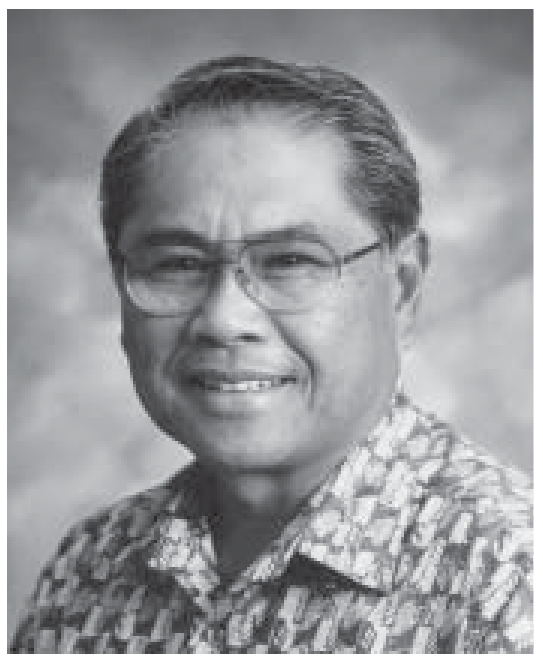
Fred Galdones
Local President
Amendment Four is the most dangerous and threatening to our civil liberties. It would allow a prosecuting officer to simply
file a paper in court to begin criminal charges against anyone. Currently, the constitution requires that they present sufficient cause before a judge or a grand jury of ordinary citizens. The preliminary hearing before a judge and the grand jury are mportant safeguards, let’s keep it that way.
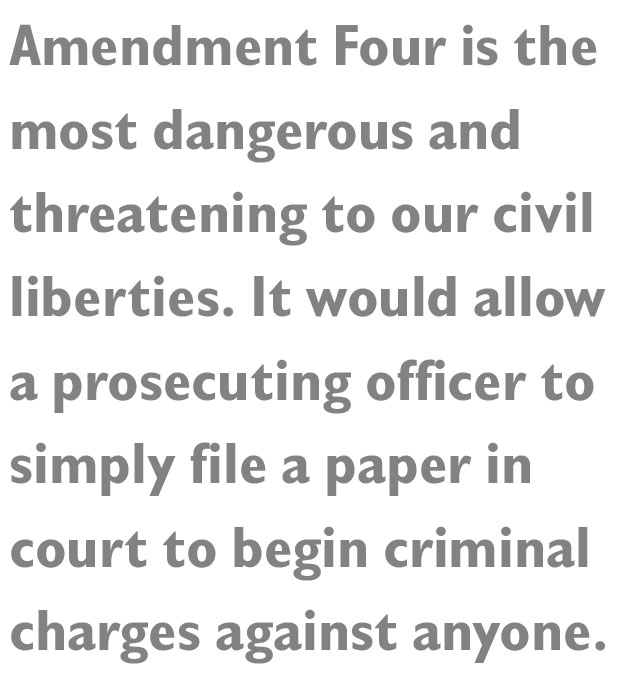
The ILWU opposes these amendments and urges all ILWU members to “Vote NO on all Four.” These amendments are not
necessary—the criminal-justice system is already doing a good job and crime rates are down. These changes take legal
shortcuts that threaten and undermine the rights of ALL of us. Our Constitution is very important and should only be changed when absolutely necessary. Please vote NO on all FOUR of these amendments on November 2. ◆
Origins of Labor Day
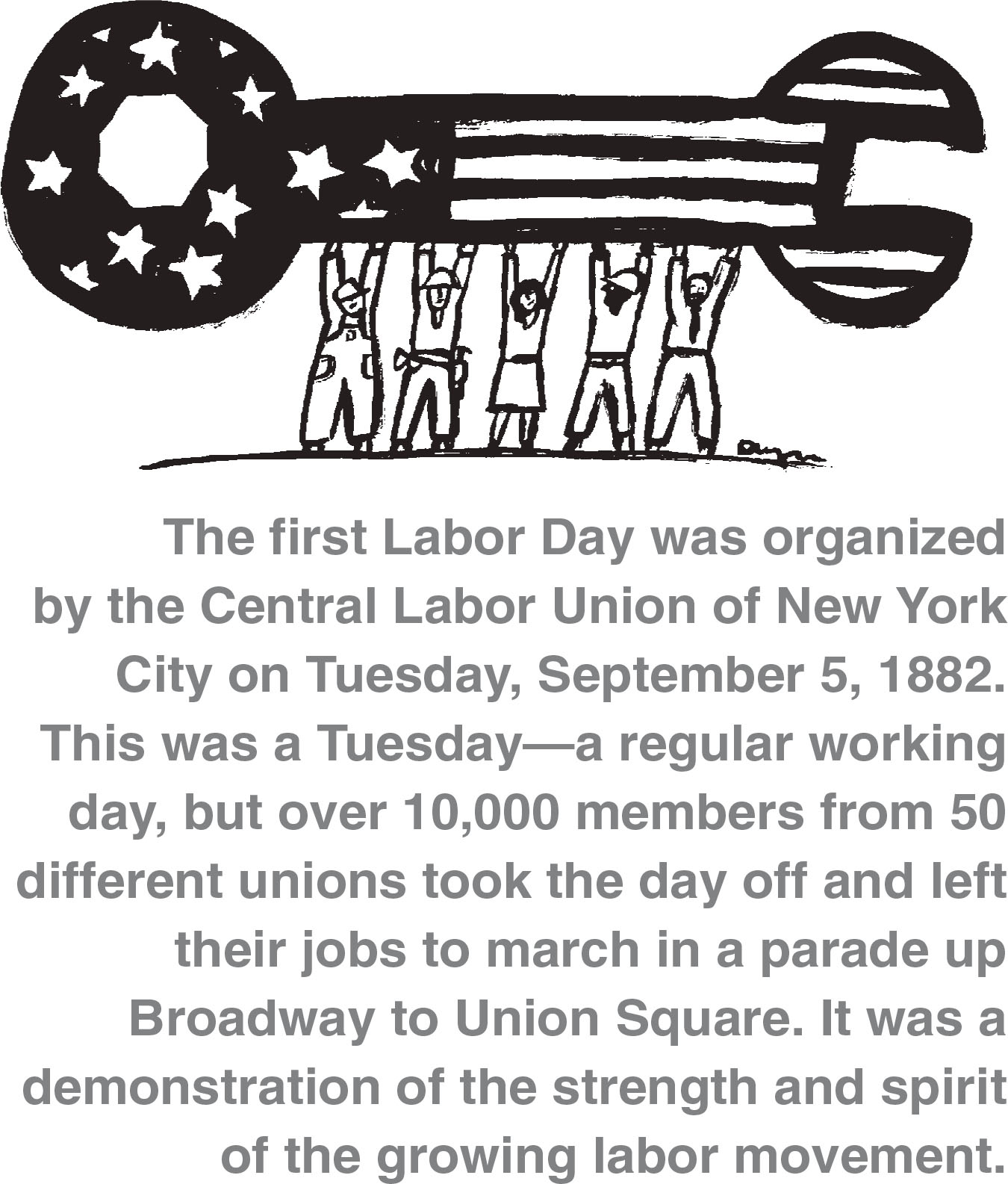
It was such a success that the New York Central Labor Union made it an annual event and declared the first Monday in September as a “workingmen’s holiday.”
The idea of a holiday dedicated to working people quickly spread to other unionized areas of the country. By 1886, organized labor turned to political action to pass city ordinances recognizing Labor Day as a holiday. In 1887, the union movement successfully passed laws in Oregon, Colorado, Massachusetts, New Jersey, and New York making Labor Day a state holiday. More states followed and in 1894, the US Congress made Labor Day a national holiday, to be celebrated on the first Monday of September.
Unlike the US, most of the world celebrates May 1 as their workers day.
Meaning of Labor Day
Labor Day is the result of union political action. Organized labor worked hard to get this holiday dedicated to working people.
Labor Day was intended to show the public the strength and spirit of the union movement—that is why we have parades, picnics, and other activities on this day.
So enjoy this Labor Day holiday brought to you by the union movement. ◆
